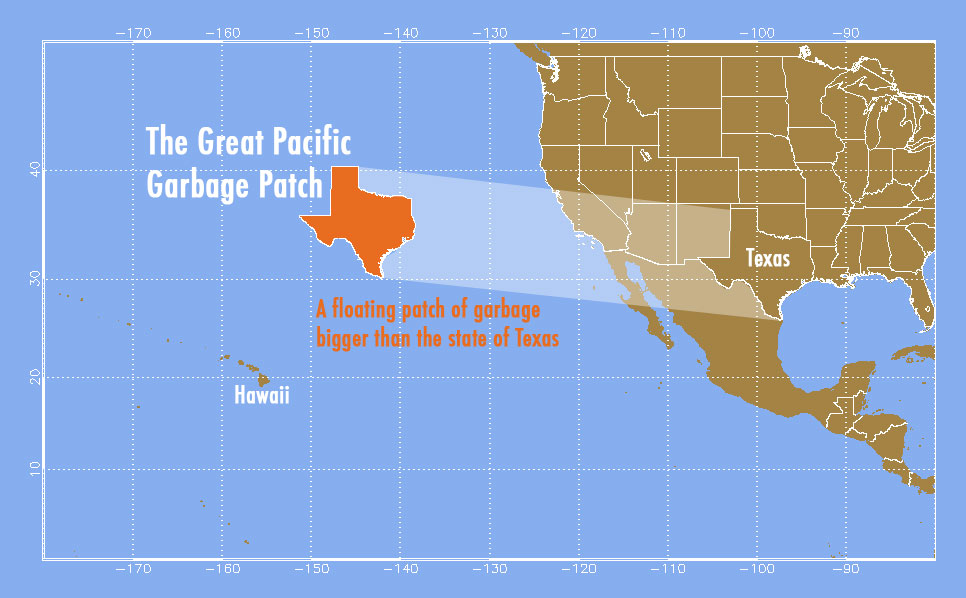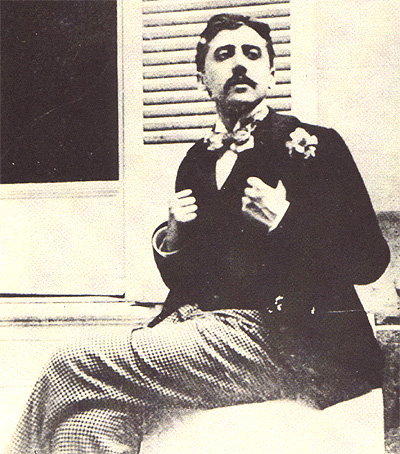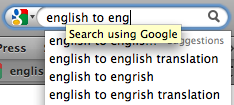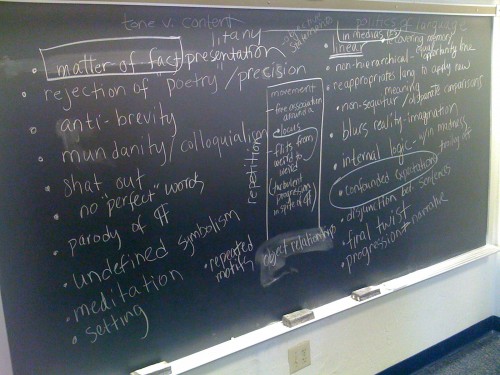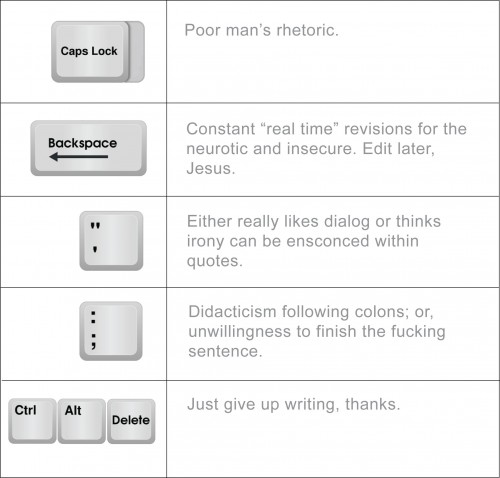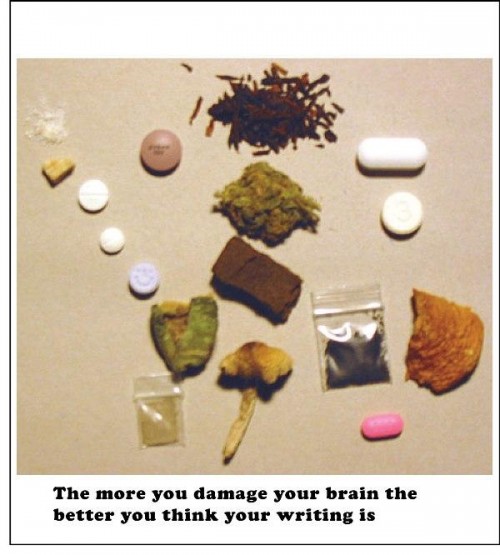Dept. of Arbitraryish Statistics: Three Variations on Three-Act Structure Edition
Coetzee, J.M. Disgrace. New York: Viking, 1999.
Acts: 3.
Chapters: 24.
Chapters per Act: 8.
Pages per Chapter: 8-10. READ MORE >
November 22nd, 2010 / 2:05 am
Geography Thursday #14
A few years back, I attended this workshop Susan Steinberg taught, and she said something that rocked me: The only two things that are fundamental to narrative are place and conflict. Maybe I took her offhand comment too seriously, but I’ve really come to believe it. All good stories do indeed have place and conflict. They are cornerstones of narrative.
And so here I am, back at Geography Thursday, and rather than talk about place and space—two of the three big cornerstones of Human Geography, the third being scale—I will talk about neither, while discussing both.
“Fuck now talk later”: Revisiting Burroughs’s The Wild Boys & why anything at all
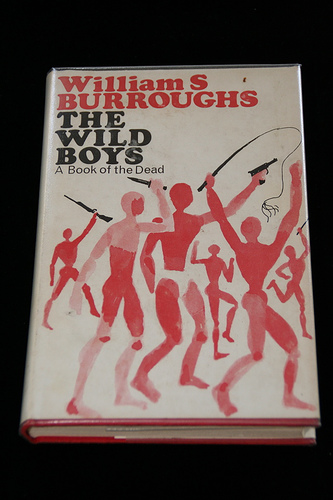 I realized last night how I’ve never gotten over William Burroughs; how maybe more than any syllable maker I’ve read in my life it’s been him I’ve been mimicking in mind to large degree; him one of the first of all those I still read now still coming out since seventeen in more sentences than I should like to admit; how is indexed me somehow; how I could argue with myself that if every word I write is trying to match against or kill some father, it is him, even if by now I can’t always actually remember a lot about what he wrote beyond textures, images, residues, ideas.
I realized last night how I’ve never gotten over William Burroughs; how maybe more than any syllable maker I’ve read in my life it’s been him I’ve been mimicking in mind to large degree; him one of the first of all those I still read now still coming out since seventeen in more sentences than I should like to admit; how is indexed me somehow; how I could argue with myself that if every word I write is trying to match against or kill some father, it is him, even if by now I can’t always actually remember a lot about what he wrote beyond textures, images, residues, ideas.
I read Naked Lunch the first time having got caught gut-deep in the Beats, like so many did, when a friend brought a tape of Ginsberg reading “America” in to play for our American Lit class in 10th grade. We had to get permission slips signed before we were allowed to listen because he dropped the F-bomb and dissed on everything seemingly elemental about the suburban neighborhoods surrounding Joseph Wheeler High School (named, I heard whispered more than a few times back then, for a founding member of the Klan). The high school I went to was a weird mix of hood and upper middle class; there were fights at least a couple times a week; I vividly remember walking one day to the senior lot and seeing a truckbed full of dudes in masks with weapons coasting through without an inch of other motion: they didn’t find who they were looking for; or maybe they were simply there to be an image burned into my head. But more than them, and more than many things, there were these freakshows of strange language suddenly appearing in the half-slept muddle of all those other high school era books.
BLUE
Do you write more or less during times when you’re depressed? For me there are two kinds of depression, the kind that comes from failure or rejection (which usually leads to long sessions of writing), and the kind that comes from feeling worthless because I’m not writing enough (which is tougher to beat because it’s not intuitively obvious that the cause is not enough writing; breaking this sort of depression requires more willfulness, because the insidious thing is that is doesn’t particularly make me feel like writing; I just have to remind myself from past experience that productivity makes me feel not-worthless).
Do Mechanics Matter? Get Off My Lawn!
In my writing classes I often tell my students that I’m teaching writing, not grammar, that there’s a difference between the two. I talk about how I’m more interested in how they express themselves and demonstrate critical thinking than I am in grammatically perfect prose. I also tell students, however, that grammar does matter—to be well versed in the mechanics of writing can only strengthen their work and, where applicable, their argument.
In creative writing, the same thing is generally true. I can forgive unpolished prose if I’m reading an amazing story or poem. At the same time, I’ve seen a rash of work lately where writers have clearly not taken the time to read their own work. I’ve seen missing words and characters whose names have changed mid story, sometimes more than once. The quality of writing is just terrible at times, so terrible that I cannot focus on whether or not the story, creatively, is something I am interested in. It’s quite difficult to take a writer seriously if you cannot really read their writing.


